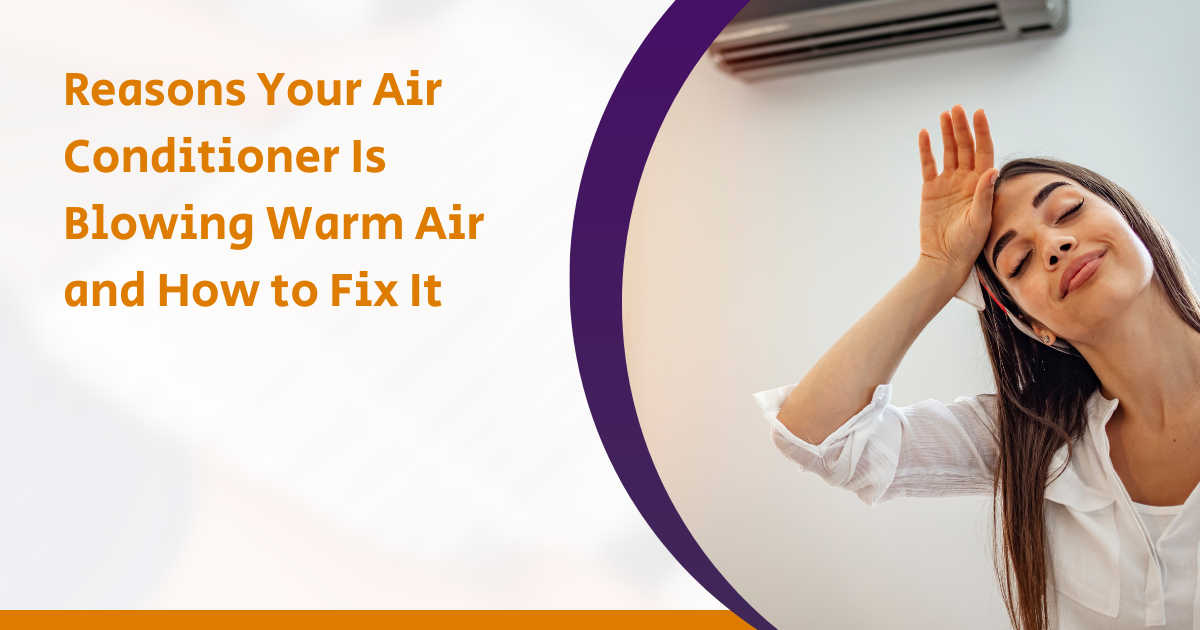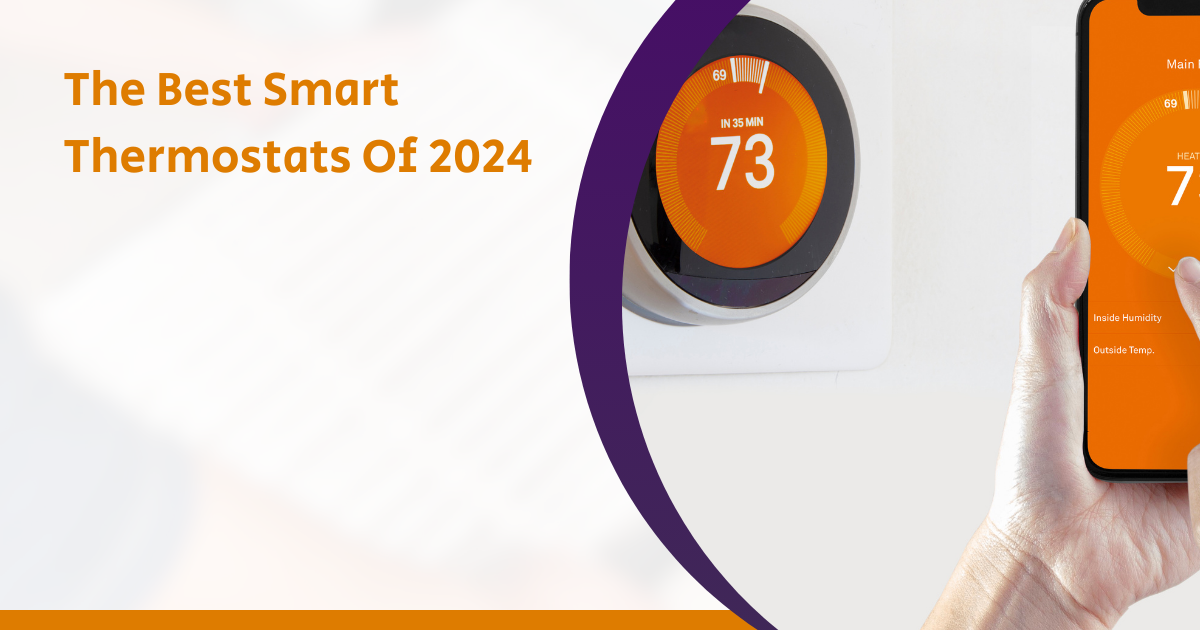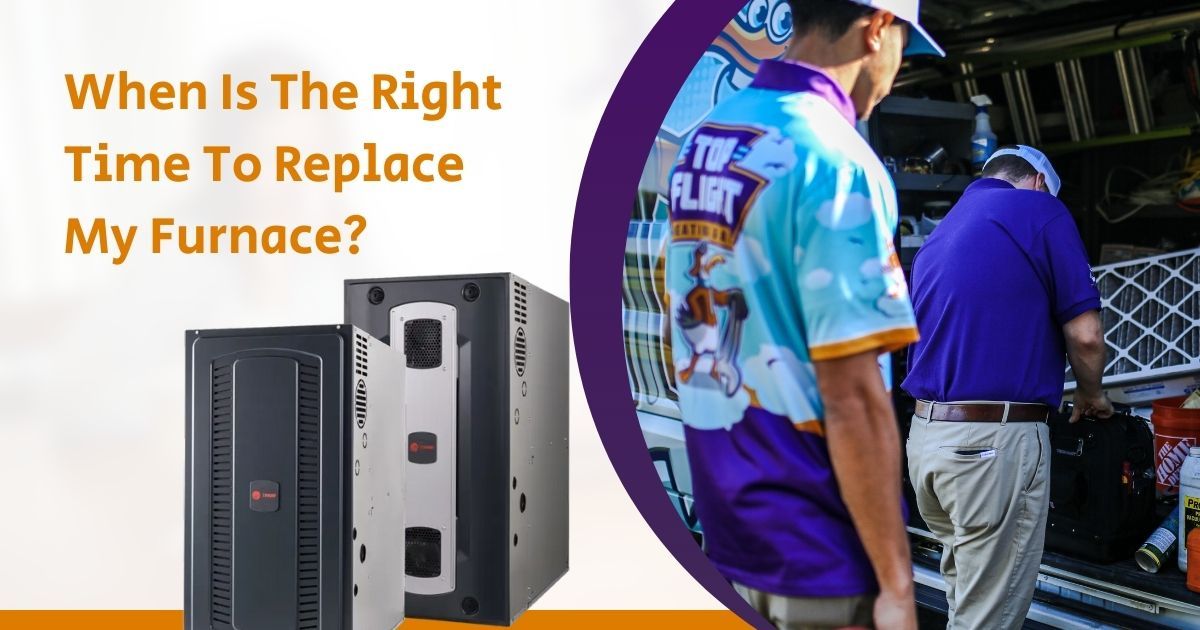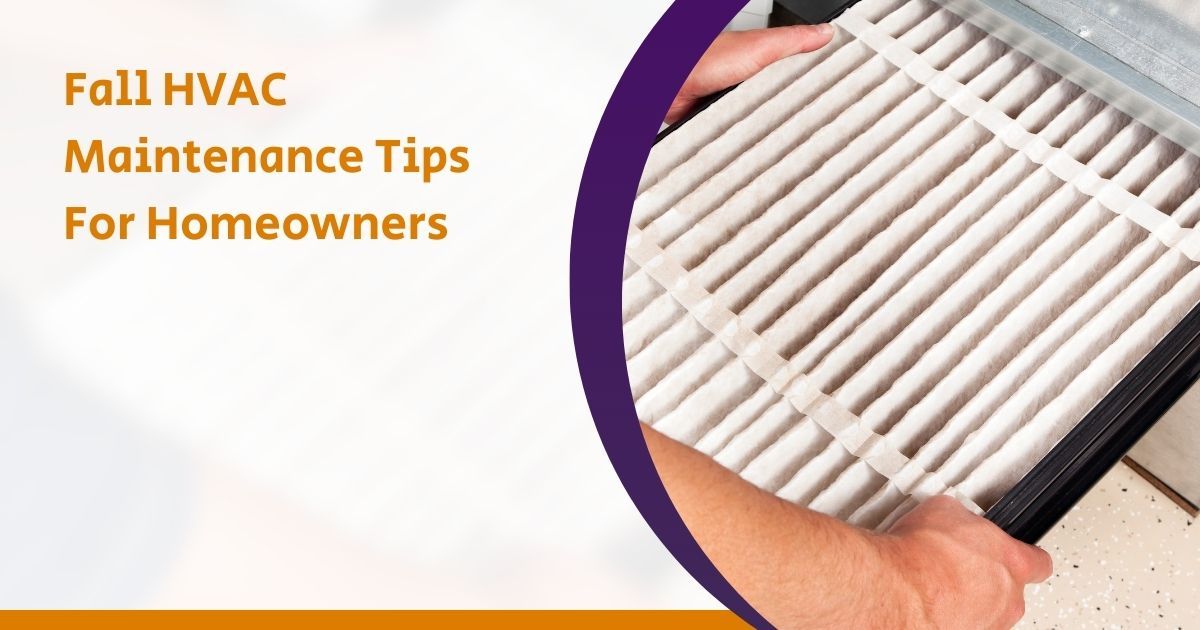Electrical Requirements for HVAC: The Basics for a New Home
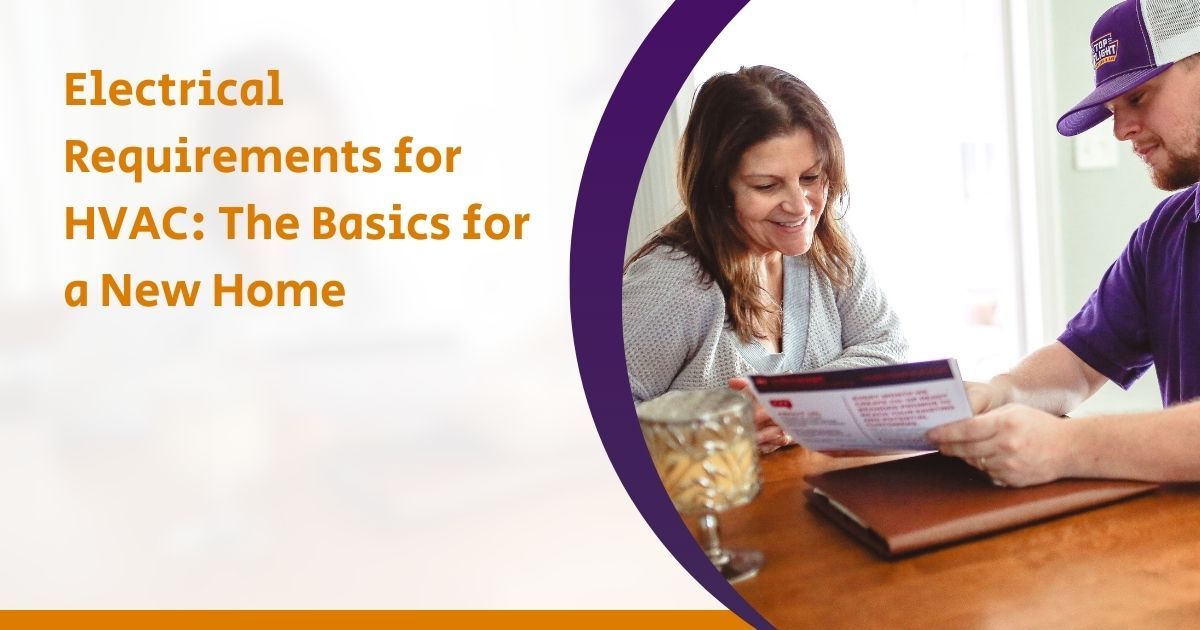
Are you getting ready to move into a new home? Call 302-329-8003 and let our Top Flight team install your new heating and AC systems to meet all electrical requirements for HVAC systems.
East Coast summers can be brutal, with high temperatures and humidity making your days (and nights) a constant battle to stay comfortable. With central air conditioning, you and your family can enjoy cooler temperatures inside, even when it’s hot outside.
When shopping for an air conditioner for your new home, consider the capabilities of your current electrical system. Many older homes may lack an electrical system that can accommodate the requirements of a powerful central air conditioner. Whether your home is brand new or simply new to you, the experts at Top Flight Heating & Air, Milton’s choice for AC installation services, are here to guide you through the process of evaluating electrical requirements for HVAC systems.
Table of Contents
ToggleStart with an Electrical Evaluation
Before you select an air conditioner that will work for your space, you should contact a licensed electrician to evaluate the electrical system in your home. They can let you know what your current system can handle and if an electrical upgrade is necessary. Just a bit of planning can save headaches in the long run, so you can get your new air conditioner installed and working safely and efficiently.
The evaluation will include an assessment of the current service to your home and is the perfect time for a thorough inspection of the electrical wiring throughout your home. While it is important to ensure that the power to the air conditioner is sufficient, it is also essential to ensure that your entire system is working optimally.
Understanding Electrical Systems: Basic Terminology
Before purchasing an air conditioner, it’s essential to know some basics about how the electricity for an AC system operates, so you can make sure that your selected unit is both cost-effective and energy efficient. Most units are labeled with three different measurements of electricity: wattage, voltage, and amperes.
- Wattage refers to the amount of electrical power it takes to make something run. A 60-watt bulb uses more energy than a 40-watt bulb, so a higher-wattage air conditioner requires more power than one of lesser wattage.
- Voltage is a measurement of force used to send energy flowing through an electrical system. In the United States, electrical grids power homes at two voltages: 120 and 240. Smaller household appliances that don’t require much power use 120 volts. Large energy consumers, like an air conditioning unit, use 240 volts.
- Amperes (or amperage) measure the amount of electricity flowing through a circuit. Similar to wattage and voltage, the larger the energy requirement, the larger the amperage needed. If the electrical outlet connected to your air conditioner doesn’t have sufficient amperage, the circuit breaker “trips,” cutting off power to protect the wiring from overheating and potentially causing a fire.
Knowing the difference between these common terms will help you find the right air conditioner for your home’s existing system or understand where you need an electrical upgrade.
Choosing an HVAC System for Your Home
While it is vital to choose the size of the air conditioning unit in relation to the size of the space it will cool, there are smaller, equally important details to consider.
What are the needs of the AC versus your electrical system?
Remember the differences between wattage, voltage, and amperage, and note the differences between the units you are considering. Recognize that the range of electrical requirements for HVAC differs between central air and other types of AC units.
Electrical requirements for AC systems:
- Central air conditioning: 208/240 volts
- Window AC units: 110/120 volts
- Mini Split air conditioners: 208/240 volts
These differences in voltage affect the kind of outlet you will need. If you aren’t sure what you need, consult the professionals at Top Flight Heating & Air, who can offer options and advice on the perfect unit for you.
A bit of knowledge about the basics of air conditioning units and the details of your electrical system is more helpful than you might think. It makes shopping for a new unit less stressful as you search for the perfect cooling option for your space.
What type of plug do you need?
When choosing your air conditioner, note the type of plug required. It may seem like a simple detail, but it is vital to know whether the outlet dedicated to your air conditioning unit is amply powered. If the available power is insufficient, a new outlet may need installation by an electrician.
Electrical System Upgrades
Suppose your electrician discovers deficiencies in your electrical system. In that case, it is time to implement the upgrades necessary to accommodate your new air conditioner. For example, in older homes, there is typically a maximum of 100-amp service, which may work if you’re cooling a small space. Obviously, this isn’t enough to accommodate a 200-amp mini split AC unit, so this means you will need to upgrade the service panel and electrical meter to provide adequate 200-amp service.
Typically, if your home has less than 100 amps, your electrical system will require an upgrade to support a modern AC unit. Most homes need at least 200-amp service to provide sufficient power for the air conditioning condenser unit and the rest of your major home appliances. Your electrician can examine your current electrical wire size, run a larger electrical wire if necessary, and replace your current circuit panel with an appropriate size breaker.
Call Top Flight Heating & Air, Delaware’s Source for HVAC Service
Whether you’re planning to upgrade your existing air conditioning unit or install a new one, Top Flight Heating & Air can help you understand the electrical requirements for HVAC systems. Our highly trained and experienced technicians will guide you through selecting the right air conditioning system for your home. Do you have an air conditioning system and are looking for professionals to perform AC maintenance? We do that too!
Call us today at 302-329-8003 and get a head start on beating the summer heat!

